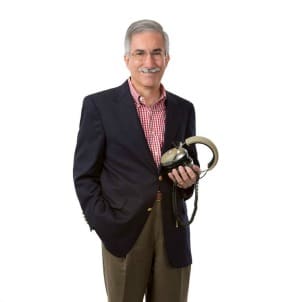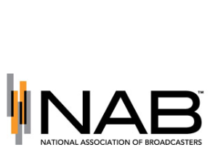
(By John Garziglia) The FCC on August 2, 2018, adopted a Notice of Proposed Rulemaking (NRPM) under which FM stations and FM translators (along with LPTV and TV translators) will be reimbursed from a $50M Congressional-authorized fund, for costs incurred in being collocated with, adjacent to, or in close proximity to a repacked TV station’s facility changes. The full text of this NPRM as adopted when released should be required reading for any of the FCC-estimated 500 FM stations that may be impacted by TV-repack facility changes. All others may ignore.
The FCC’s NPRM is a proposal only – final rules and procedures will be adopted after the FCC receives comments on the NPRM. A guide to what the FCC is proposing is contained in a draft NPRM released by the FCC several weeks ago.
The FCC proposes reimbursing FM stations and FM translators that were licensed and transmitting on April 13, 2017, in three categories: (1) stations forced to permanently relocate; (2) stations forced to temporarily dismantle equipment or make other changes; and (3) stations forced to temporarily reduce power or cease transmissions. If an FM station receives a reimbursement for its costs from a TV station or otherwise, the FCC will not reimburse. The FCC asks whether affected LPFMs should be included in the reimbursement.
An FM station or FM translator station that anticipates an impact from the TV repack should carefully review the FCC’s NPRM proposals with a special view toward the reimbursement specifics for FM stations which are contained in paragraphs 47 through 71 of the draft NPRM. Many of the questions upon which the FCC seeks comment may substantially affect the amount of, or even whether there is a, reimbursement to a particular station.
For FM stations that must permanently relocate, the FCC proposes a reimbursement to rebuild the facility to “reasonably replicate the station’s coverage area and population served.” The cost of transmitters, antennas, coaxial cable, and associated equipment, with existing equipment reused as appropriate, is proposed for a 100% reimbursement.
For FM stations forced to temporarily dismantle equipment, the reimbursement amount is proposed to “restore the station’s existing facility,” again with existing equipment reused as appropriate, with100% of the costs reimbursed.
For FM stations required to utilize interim facilities, the FCC loosely proposes reimbursing for new auxiliary facilities or upgrading existing auxiliaries provided that 80% of the service area is not now covered by an existing auxiliary facility.
The FCC asks in the NPRM what levels of main facility service disruption should be eligible for reimbursement. The FCC proposes that there be a graduated priority system, with reimbursements only when the service disruption is significant enough to make it reasonable for a station to incur costs for an auxiliary facility to minimize the disruption, with reimbursements on a graduated scale for such auxiliary facility costs.
For a main facility off-air time period of less than 24 hours, or between the hours of 10 p.m. to 6 a.m., or for fewer than five non-peak broadcast hours per day, the FCC proposes a zero reimbursement of eligible costs for an auxiliary facility, stating that such outages of the main facility are de minimis.
For a main facility off-air time period of 24 hours to 10 days, the FCC proposes a reimbursement of up to 50%; for 11 days to 30 days, a reimbursement of up to 75%; and for more than 30 days, up to 100% of eligible costs for an auxiliary facility. The FCC states that lost revenues will not be reimbursed under any circumstances.
The FCC notes that FM translators are not eligible to seek auxiliary facilities but may instead apply for a temporary facility modification or a special temporary authorization.
The FCC, under the statute authorizing the FM station reimbursement, is required to implement its reimbursement process by March 23, 2019. The FCC’s next step will be to set the deadline date for comments on its NPRM.
Each FM station eligible for this TV repack money should carefully consider the FCC’s proposals, analyze how the FCC’s proposed reimbursement scheme will assist or hinder, and file comments either supporting the proposals or advocating changes that will be of benefit to the station. There may be thousands of dollars of reimbursement money available to a station, or not, depending upon the nuances and specifics of the final rules adopted by the FCC.
For FM stations that are affected by the TV repack, the good news is that Congress has provided a pot of $50M for the FCC to reimburse FM stations and FM translators for costs incurred that are not otherwise reimbursed. Stations eligible for such reimbursements need to file specific comments with the FCC to insure that their needs are considered. The reimbursement process will be complicated, potentially time-consuming, and may not cover all costs, but that it is happening at all is a tribute to extremely effective radio broadcaster lobbying efforts.
John Garziglia is a communications attorney at Womble Bond Dickinson and can be reached at (202) 857-4455 or [email protected]






